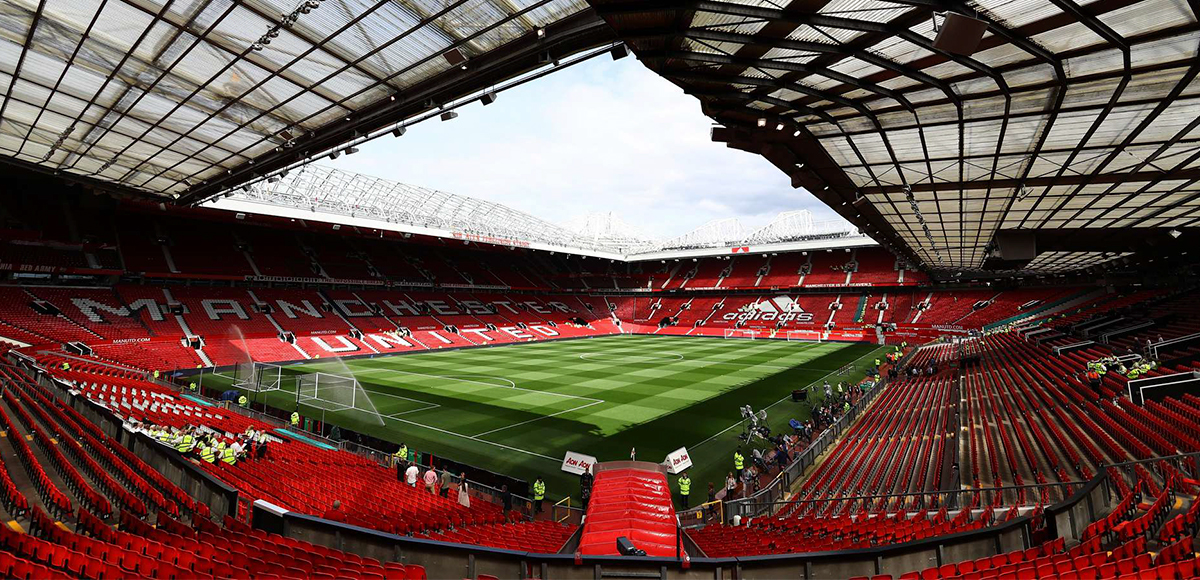Sir Jim Ratcliffe, the co-owner of Manchester United, has found himself at the centre of yet another controversy, this time involving his apparent lack of awareness and interest in the club’s women’s team. An incident during a visit to Carrington training ground has brought into sharp focus the dismissive attitude that many feel INEOS has adopted towards the women’s side a team that has been excelling on the pitch despite institutional neglect.
The Incident: Ratcliffe’s Questionable Awareness
During a tour of Carrington, Ratcliffe was introduced to members of Manchester United Women, including then-captain Katie Zelem. According to The Telegraph, Ratcliffe asked Zelem, “what she did at the club,” seemingly unaware that she had been the team’s captain since 2019 and was one of its most influential players. This moment not only embarrassed Zelem but also highlighted a glaring disconnect between the billionaire owner and the women’s football operations at Manchester United.
Zelem, who has since moved to Angel City FC in the United States, went on to lead United Women to their first major trophy a commanding 4-0 victory over Tottenham Hotspur in the FA Cup final. Despite this historic achievement, it appears Ratcliffe’s attention was elsewhere. Just weeks later, he attended the men’s FA Cup final against Manchester City instead of watching the women’s team make history at Wembley.
A Pattern of Neglect
The lack of recognition for Zelem is emblematic of broader issues within INEOS’s approach to Manchester United Women. Following their FA Cup triumph, there was no celebratory event organised by the club a stark contrast to how such occasions are typically handled for the men’s team. Players were left to arrange their own celebrations in central London with friends and family. Only after their emphatic victory did the club hastily throw together an event at a location far removed from London, creating logistical headaches for players and their loved ones.
Adding to this neglect, the women’s team received a limited allocation of tickets for family and friends to attend the final at Wembley. This situation was only partially remedied when members of the men’s team, including captain Bruno Fernandes and goalkeeper Tom Heaton, stepped in to cover additional ticket costs using funds accumulated from dressing room fines over the season.
Such incidents paint a picture of a women’s team that is treated as an afterthought by those in charge a sentiment reinforced by Ratcliffe’s apparent disinterest.
The Departure of Dan Ashworth
The shock dismissal of sporting director Dan Ashworth in November has further compounded concerns within Manchester United Women. Ashworth was seen as a vital ally for the women’s side due to his extensive experience and positive influence at previous clubs and with England’s national teams. During his brief five-month stint at Old Trafford, Ashworth reportedly had little meaningful dialogue with Ratcliffe about the women’s team a missed opportunity that underscores INEOS’s lack of strategic focus on this growing area of football.
Ashworth’s departure has left a void in leadership for Manchester United Women at a time when they are performing exceptionally well under manager Marc Skinner. Currently sitting second in the Women’s Super League (WSL), they stand in stark contrast to Ruben Amorim’s men’s side, who are languishing in 15th place in the Premier League table.
Ratcliffe’s Defence: A Misguided Perception?
Ratcliffe has previously dismissed accusations of indifference towards women’s football as “slightly misguided.” However, actions speak louder than words. When questioned about his commitment to Manchester United Women during a Q&A session last year, he deflected responsibility by redirecting questions to his advisors. This evasiveness has done little to dispel concerns about his priorities as co-owner.
A Tale of Two Teams
The disparity between Manchester United’s senior teams could not be starker. While Ruben Amorim struggles to lift a faltering men’s side out of mediocrity, Marc Skinner has transformed United Women into genuine title contenders. Yet it is Skinner’s side the one delivering results that seems to receive less attention from those at the top.
This raises uncomfortable questions about where Sir Jim Ratcliffe and INEOS are directing their focus and resources. Why does a team sitting second in their league, competing fiercely for silverware, appear to be sidelined while more attention is lavished on a struggling men’s side?
The Bigger Picture
Manchester United Women have proven they are worthy of investment and recognition. Their success on the pitch is not just a testament to their talent but also an opportunity for INEOS to demonstrate its commitment to fostering excellence across all levels of football at Old Trafford. Instead, moments like Ratcliffe’s interaction with Zelem and the mishandling of post-FA Cup celebrations suggest that institutional support remains woefully inadequate.
For Manchester United fans especially those who follow both teams it is increasingly clear that only one half of the club is living up to its illustrious reputation. If Sir Jim Ratcliffe truly wants to leave a legacy at Old Trafford, it may be time for him and his organisation to start paying closer attention to where success is already being achieved.


